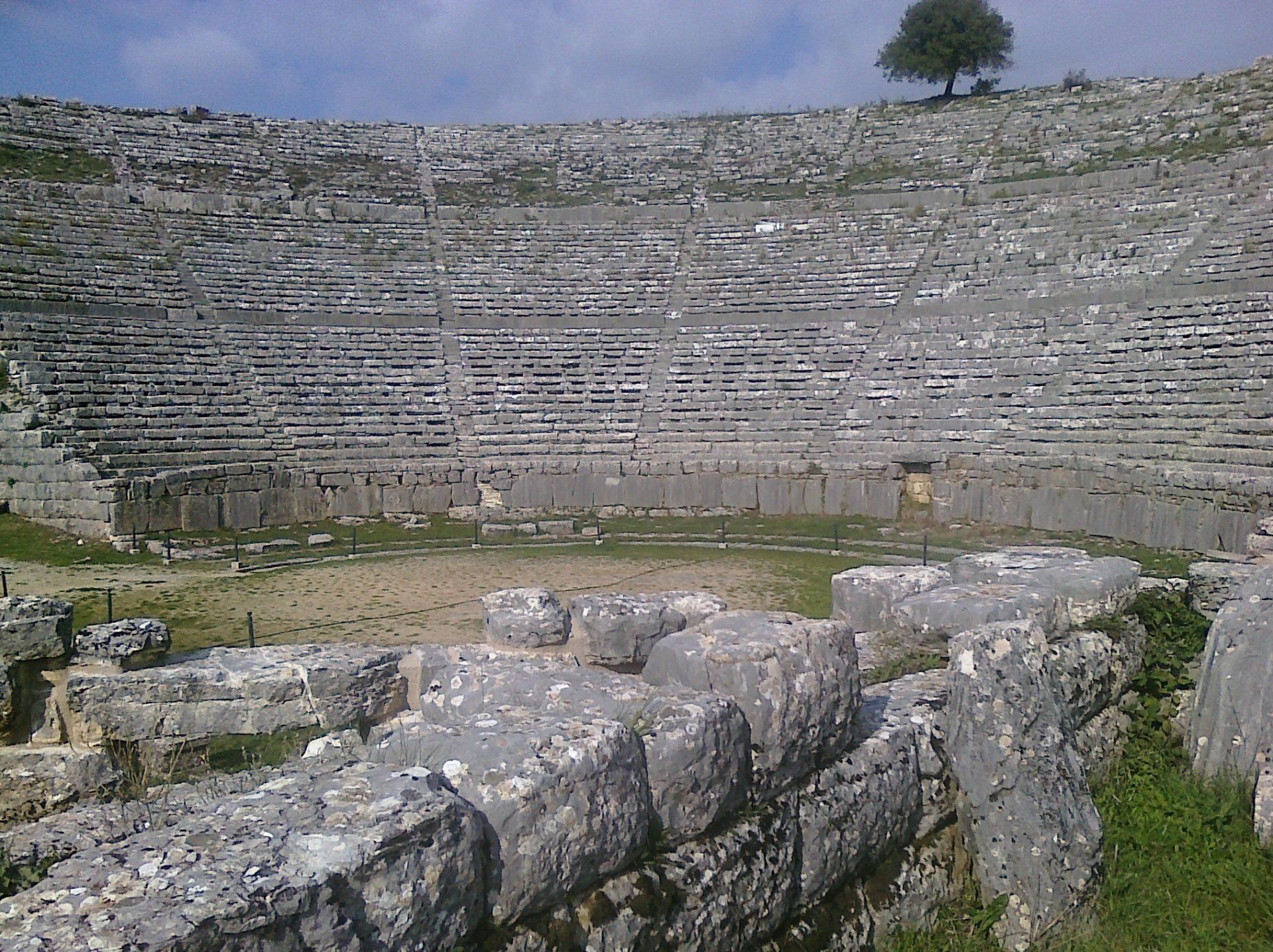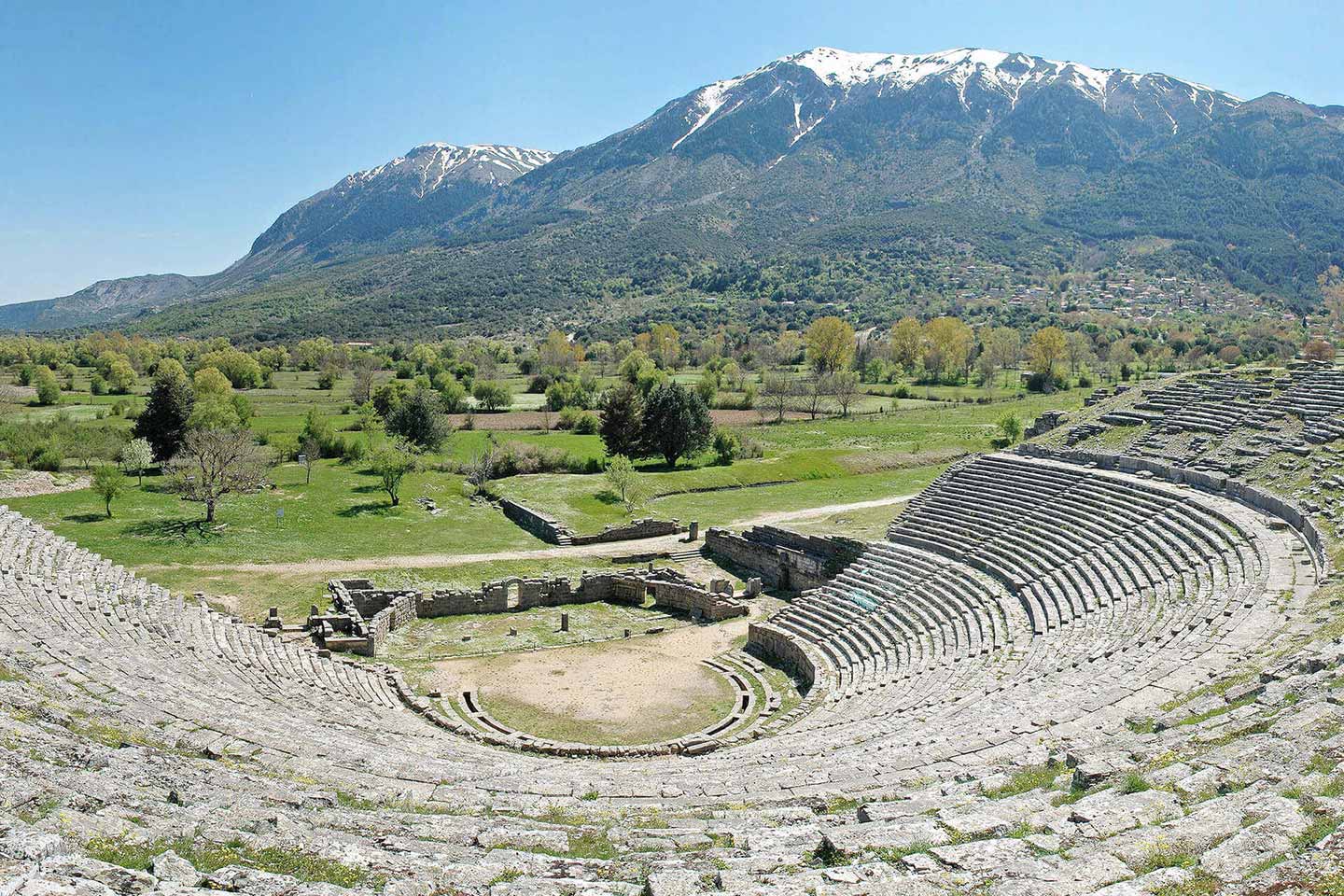Message of Abbot Paul - Monday 10th October 2022
Abbot Paul • October 10, 2022


What always strikes us in the Gospels about Jesus is that he was constantly being followed by crowds of people. Even when he tried to get away briefly for a few hours’ rest, quiet and prayer, the crowds went in search of him and sometimes got there before him. Even so, he never seemed to get flustered, impatient or annoyed, as we might do at times. In today’s Gospel passage from Luke, (Lk 11: 29-32), we are told that, “The crowds got even bigger, and Jesus addressed them.”
I’ve often wondered how he did that in the open air without the aid of microphones and loudspeakers, or even the natural acoustic of an amphitheatre. I always remember visiting the famous amphitheatre at Dodoni, not far from Ioannina in Epirus, northern Greece, and being asked to drop a pin at the very centre. The sound could clearly be heard by my friends in the top circle.
What is it that Jesus says to the crowds? “This is a wicked generation; it is asking for a sign. The only sign it will be given is the sign of Jonah. For just as Jonah became a sign to the Ninevites, so will the Son of Man be to this generation. On Judgement Day the Queen of the South will rise up with the men of this generation and condemn them, because she came from the ends of the earth to hear the wisdom of Solomon; and there is something greater than Solomon here. On Judgement Day the men of Nineveh will stand up with this generation and condemn it, because when Jonah preached, they repented; and there is something greater than Jonah here.” People want to know who Jesus is and they want proof. If he is the Messiah, then they want a sign to prove that he is the Christ. Jesus sees this as a lack of trust in his actions as well as his word. And so he tells them that they will be given just two signs, that of Jonah and that of Solomon. When Jonah preached repentance at Nineveh, the great city, its inhabitants repented of their sins and turned back to God, but what effect is Jesus’ preaching really having? He appears dejected by the lack of response in his contemporaries, despite their curiosity. The Queen of Sheba came all the way from deepest Africa to hear the wisdom of Solomon and she was moved by what she heard. It changed her life, and yet what effect is the wisdom of Jesus having on those who hear his preaching? In Jesus there is something, and there is someone greater than Jonah, the prophet, and greater than Solomon, the king.
Is our generation a wicked one? Do people today listen to Jesus’ call to repentance, conversion and new life? If not, why not? Do they demand a sign like the Jews of old? Is this the age of indifference, relativism and indifference? Is there something we should be doing to change this? Let us pray today for the guidance of the Holy Spirit and for fidelity to Christ and the Gospel.









